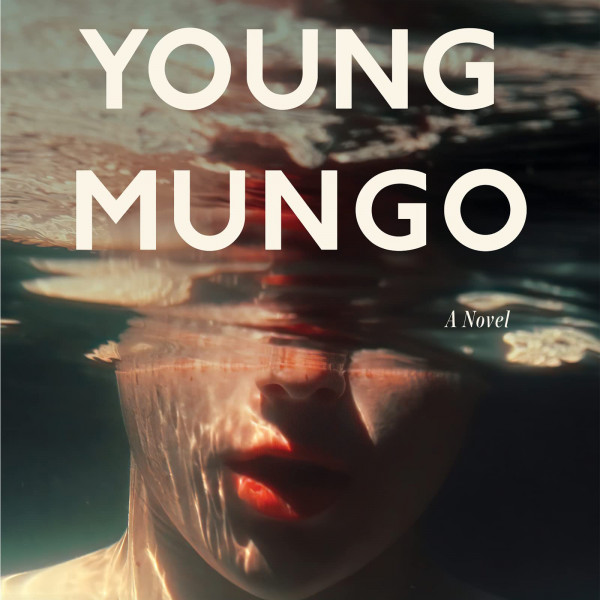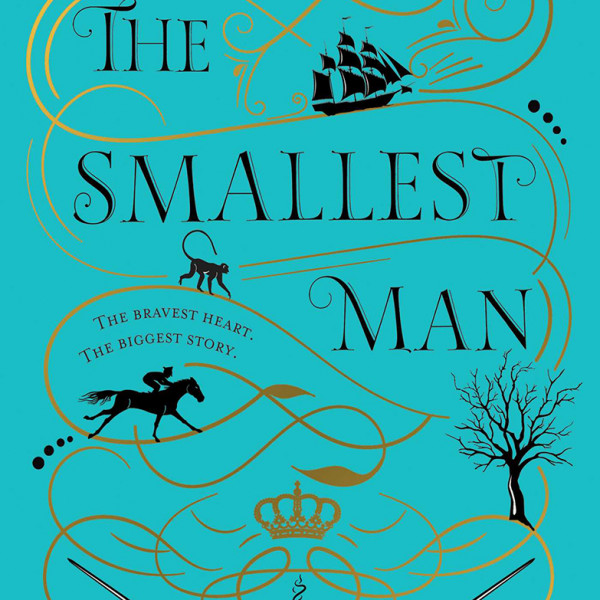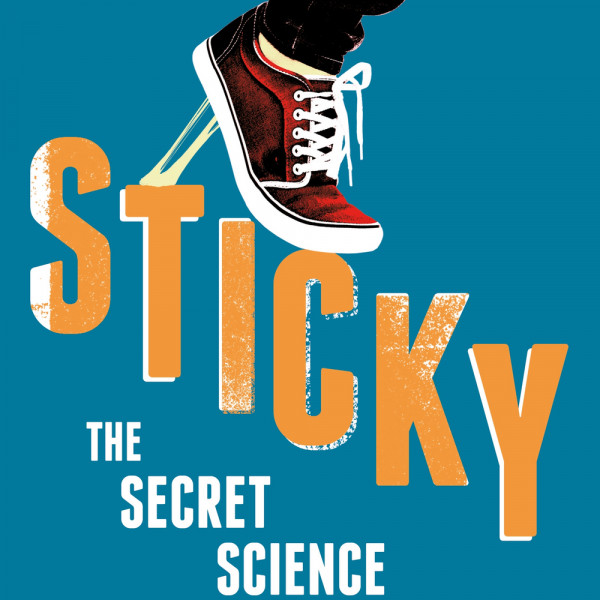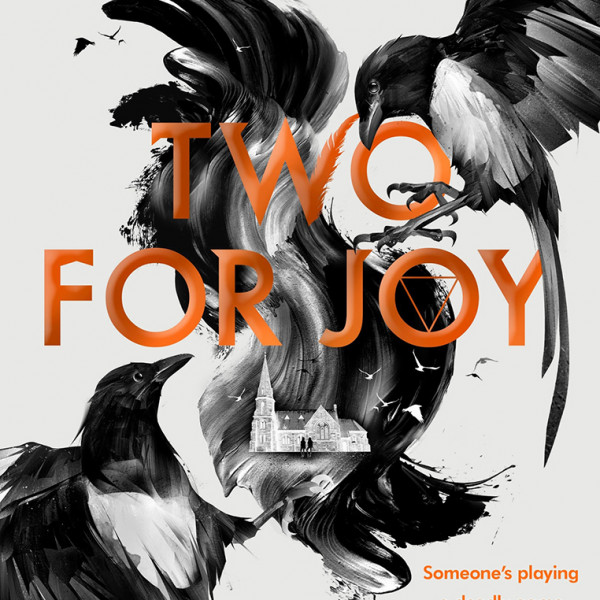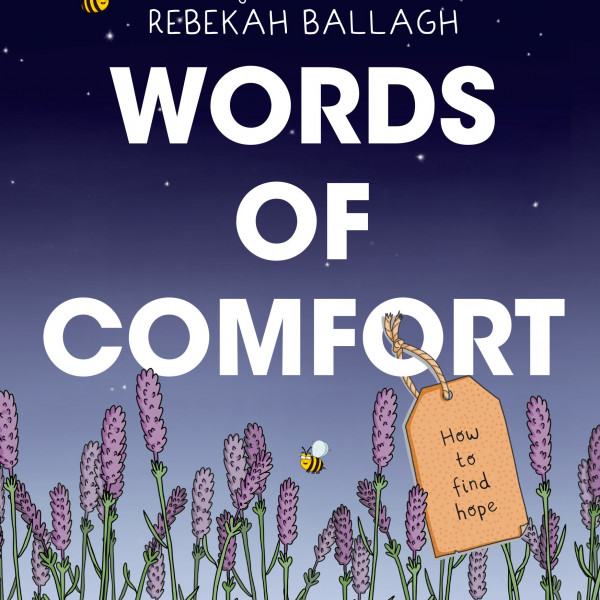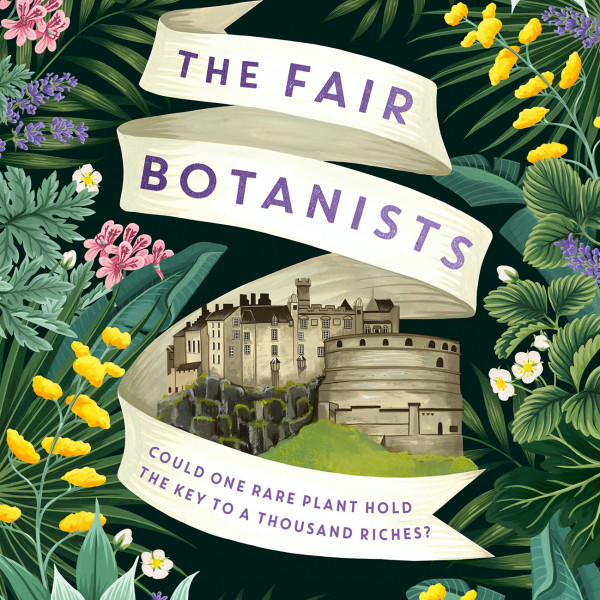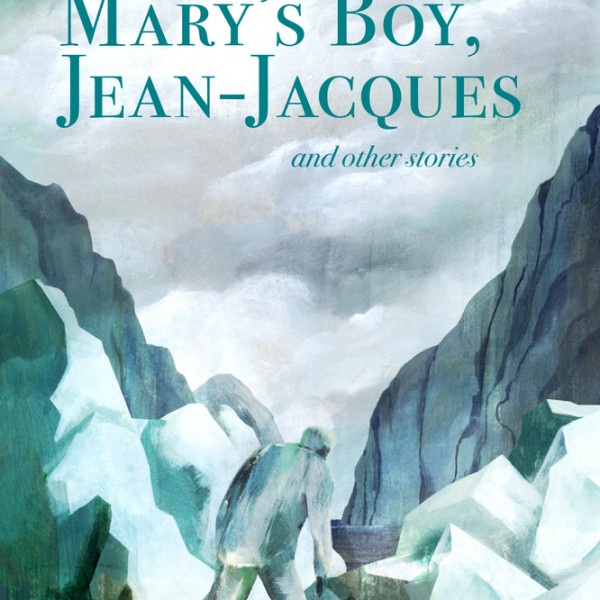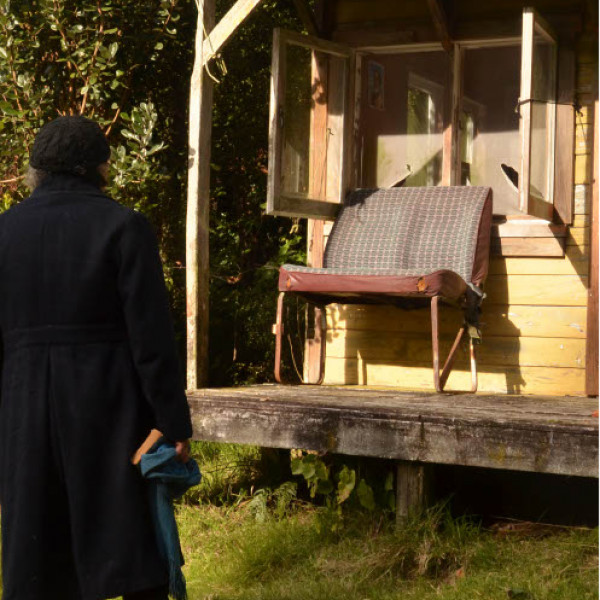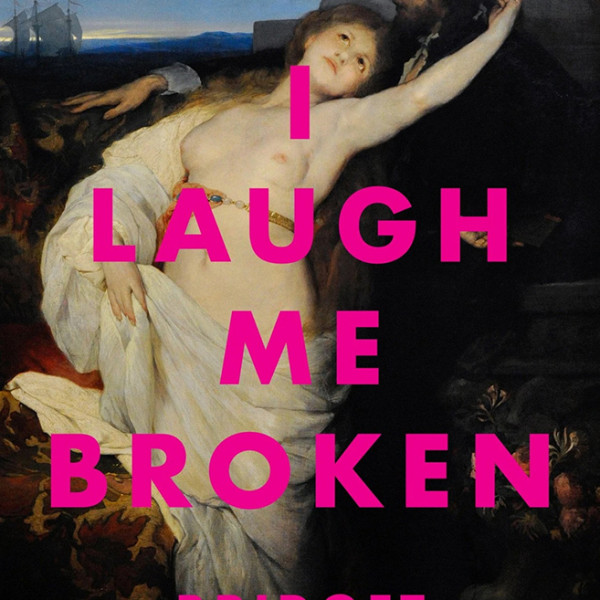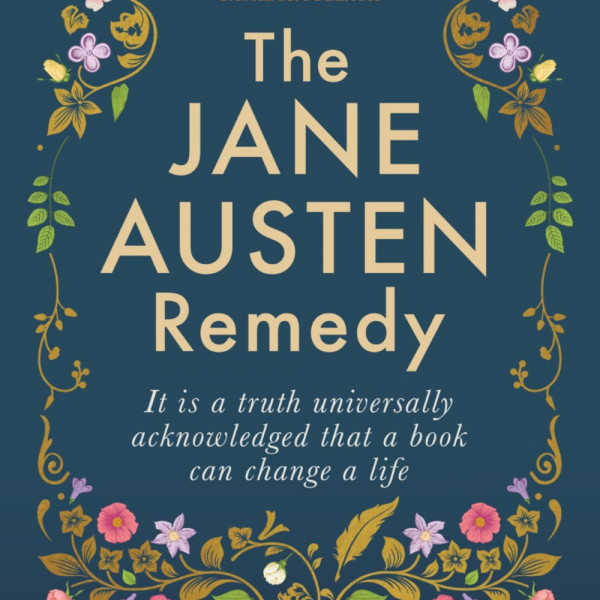
“It is a truth universally acknowledged that a book can change a life” runs the subtitle of The Jane Austen Remedy. Readers familiar with Austen’s Pride and Prejudice will recognise this re-imagined quote from that book’s opening paragraph.
That a book can indeed change a life is the substance and theme of Ruth Wilson’s unique and highly personal homage to one of our best-loved writers. Into her seventh decade, Wilson became aware of overwhelming feelings of sadness and dissatisfaction, despite a life of academic success and personal happiness.
Her response? To abandon home and husband for a cottage in the Southern Highlands of her native Australia, and there to undertake a re-reading of all of Austen’s novels, viewing them as essentially an antidote for her unhappiness. What could she learn? An extraordinary amount it seems.
Wilson describes Pride and Prejudice as the sunniest of Austen’s novels, enlivened as it is by the personality of Elizabeth Bennett’s gaiety, coupled with her initial refusal to be impressed by Darcy. That this heroine’s journey to wisdom is accompanied – and rewarded? – by a happy romantic conclusion is something Wilson takes to heart.
Emma offers the author the opportunity to be grateful for living in more enlightened times where gender equality is concerned. She admires the way Austen manages, chiefly through irony and dialogue, to cleverly poke fun at ideas about women’s deferential role in relationship with men.
With Sense and Sensibility, Wilson is confronted with yet another chance to reflect and learn. Following her son’s decision to spend time in Israel, she and her family packed up and went to join him. Just as the Dashwood family, following the death of their father, are forced to contemplate resettlement. A forced move, as opposed to a free choice one – yet another cause for reflection and gratitude.
Wilson’s farewell to her cottage and solitary life meant a return to Sydney and a LAT (living apart together) relationship with her husband – an arrangement based on friendship that suited both. I think Jane Austen would have cheered.


